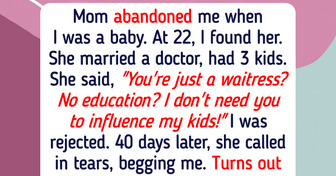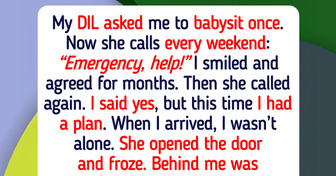8 Hotel Workers Reveal Unusual Discoveries in Guest Rooms


While they may not all be cause for concern, some common signs our bodies give us as warnings of bigger problems are often ignored. When our health is at stake, it's always better to be safe than sorry, so it's a great idea to make a doctor's appointment when we notice these symptoms.
CONTENT IS PROVIDED FOR INFORMATIONAL PURPOSES ONLY AND IS NOT INTENDED AS A SUBSTITUTE OF MEDICAL ADVICE. SEEK GUIDANCE OF YOUR DOCTOR REGARDING YOUR HEALTH AND MEDICAL CONDITIONS.
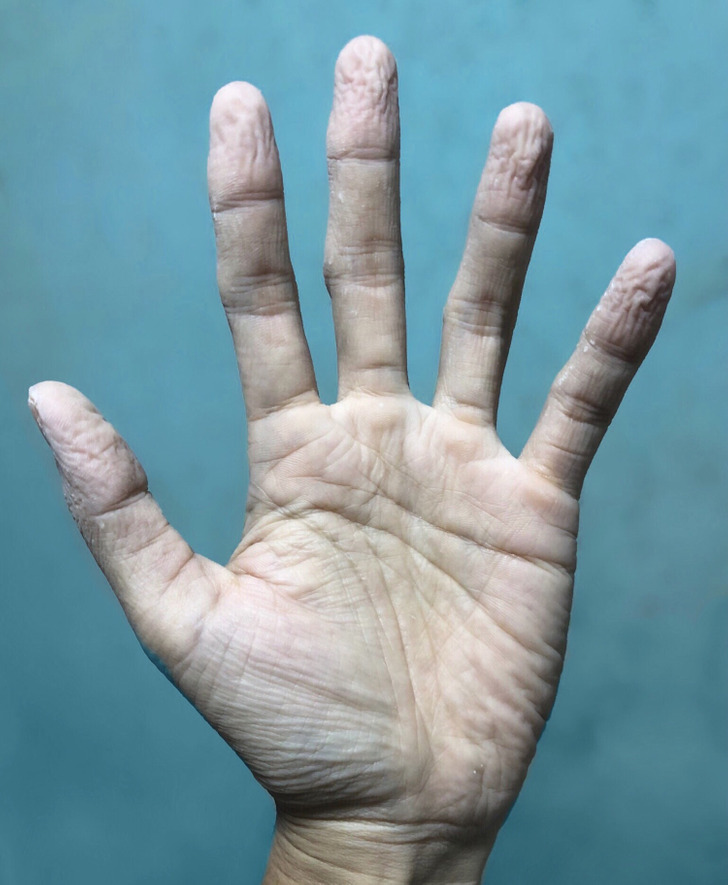
Wrinkles are a natural part of aging, and pruney fingers after a long soak in water are totally normal. But if your hands start looking wrinkled and lose elasticity faster than the rest of your body—without water exposure—it could be a warning sign. Dehydration, poor blood circulation, or thyroid issues might be the cause. Paying attention to these changes can help you catch potential health concerns early.
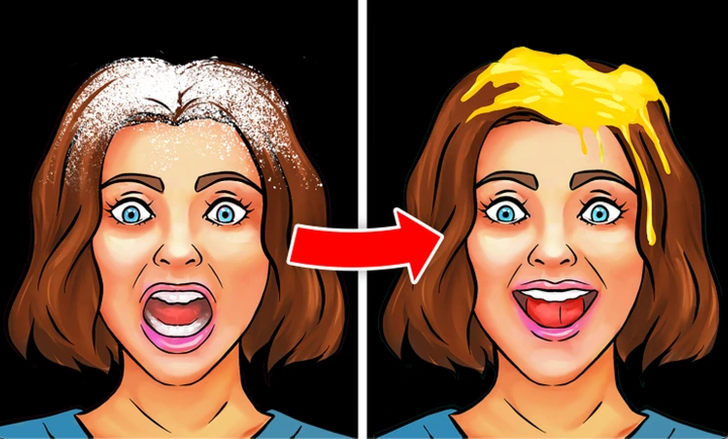
Dealing with a flaky scalp and hair loss? It could be more than just a hair care issue—it might be a sign that your body is lacking essential vitamins and nutrients. Low levels of zinc, iron, and B vitamins (B2, B3, B6, and B7) can contribute to this common problem. Making sure you get enough of these nutrients could help keep your scalp healthy and your hair strong.
Red and itchy skin is often a sign of eczema, but sometimes rashes—especially when paired with a fever—can be caused by infections or contact with certain plants. Even if the spots don’t seem serious at first, they can become infected if left untreated. That’s why it’s always a good idea to have them checked by a medical professional.
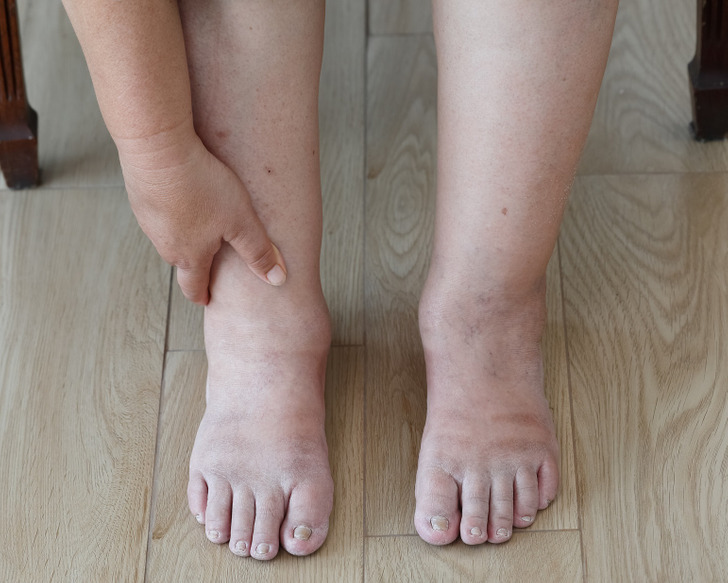
Swollen ankles are often linked to pregnancy, but if you’re not expecting, they could be a sign of something else. Poor blood circulation, heart issues, or an underactive thyroid might be the cause. On the milder side, eating too much salt can also lead to water retention and swelling. If this happens often, it might be worth checking with a doctor.
Keeping your body hydrated and drinking plenty of water is always important, but always feeling thirsty is a typical symptom of prediabetes. Other common symptoms are fatigue and frequent urination, which is a consequence of constant thirstiness.
Muscle twitching happens for many reasons, and most of the time, it’s harmless. Exercise, stress, dehydration, and lack of sleep are common triggers. However, in rare cases, frequent twitching could be a sign of a neurological disorder or kidney disease. If it happens often or feels unusual, it might be a good idea to check with a doctor.
Snoring might be annoying for your partner, but in most cases, it’s completely harmless. However, sometimes, it can be a sign of obstructive sleep apnea (OSA)—a condition that affects breathing during sleep. If you have OSA, a doctor might recommend a medical device to help you breathe better at night. If your snoring is loud and frequent, it’s worth getting checked out.
Your face can reveal a lot about your health. In this article, we explored 4 subtle signs that might signal underlying health issues. Check it out to learn what your skin, eyes, and lips could be telling you.
4 Subtle Signs on Your Face That Could Signal Health Problems




